Frederica Freyberg:
Next week marks the start of the spring semester on the flagship campus of the UW. Madison welcomes students back to class in the midst of a massive spike in COVID-19 cases statewide, including with beefed-up testing availabilities and new vaccine clinics. Other system campuses also prepared with updated guidance and mitigation strategies. Our next guest is the point person for all of this at UW-Madison. Jake Baggott is associate vice-chancellor and executive director of University Health Services. He joins us now and thanks very much for being here.
Jake Baggott:
Good afternoon. It’s good to be here. Thank you.
Frederica Freyberg:
So what kind of trepidation do you have with students returning from all corners in the midst of this fast-spreading omicron variant?
Jake Baggott:
Obviously, we’re giving a lot of thought to that and giving advice to our students about how to prepare to travel here and then what to do when they arrive. We’ve given them instructions that when they’re ready to travel here, before they do that to go ahead and get tested at home. And if they end up with a positive result, to stay there until those symptoms resolve and they’re cleared to travel. But even after they get here, we’re ready for them to get tested whether they live in the residence hall or live off campus, we’ll have testing capacity available for them. So we can help identify any cases that might have been missed earlier on. We think that will do a lot to prepare our students. On top of that, we have a high level of vaccination within our population. Our students have really responded very, very strongly so we have a high level of protection already in place.
Frederica Freyberg:
If students in dorms when they get back get a positive result, are there additional isolation or quarantine living spaces for students?
Jake Baggott:
Right. So we’re in our fifth semester of working through this kind of thing, so we’ve got a fair amount of experience. So we’re already prepared with on-campus housing capacity to support that need should it, when it arises and we also have additional capacity in the community through hotels. If we have a need, we can expand that capacity. But I feel like we’re well prepared to respond when that need develops.
Frederica Freyberg:
I know that masks continue to be required in university buildings, and now N95s are recommended. UW-Madison has a large stock of those. I should say that we were able to get some from UW-Madison. Thank you. But can students get them?
Jake Baggott:
So yes. We have a large supply of both those kinds of masks as well as high-grade surgical masks available for our students and our population, our campus population in general. And so those will be available to students. When they arrive they can get those when they pick up their test kits at the sites here on campus. What’s really important about the masks is to make sure you have one that’s good-fitting. Make sure it’s providing the level of protection that it’s designed to do so. And whether it’s a surgical mask or a KN95 or N95.
Frederica Freyberg:
So I know that there are high rates of vaccination among students and staff at UW-Madison. What about boosters? What is your guidance around boosters for the entire population?
Jake Baggott:
So the guidance from us and CDC and DHS has been if you’re eligible to get boosted, go ahead and get boosted and we’ve been encouraging students, and staff and employees to go ahead and do that. And many have responded in very strong numbers. We know that that happened starting before they left for the break and we are set up to support that need when students arrive. We’ll have added capacity to do that. But we also know that many individuals have already done that over the break. They’re sharing that information with us and we’re seeing a very strong response. We’re going to continue to encourage folks to do that as soon as they’re eligible. We think that’s an important level of protection as well.
Frederica Freyberg:
As students are returning really across the state, what is your overall message to students newly returning to campus?
Jake Baggott:
Sure. The things that they’ve been doing all along to protect themselves, those good health practices, to be thoughtful about how you spend your time, wear face coverings when inside, in particular when you’re not sure if you’re around fully vaccinated individuals. Take advantage of the testing capacity. It’s available here on campus, in our communities and even the federal government is starting to roll out in larger numbers. Those things will help you kind of pay attention to what’s going on, follow health protocols and we feel like we’ll be in a strong position going into the start of the semester. And I think that will serve students well in general.
Frederica Freyberg:
All right. We will leave it there. Thanks very much for your work and we’ll see how this goes as the throngs return. Jake Baggott, thanks very much.
Jake Baggott:
Thank you.
Search Episodes
News Stories from PBS Wisconsin

Donate to sign up. Activate and sign in to Passport. It's that easy to help PBS Wisconsin serve your community through media that educates, inspires, and entertains.
Make your membership gift today
Only for new users: Activate Passport using your code or email address
Already a member?
Look up my account
Need some help? Go to FAQ or visit PBS Passport Help
Need help accessing PBS Wisconsin anywhere?

Online Access | Platform & Device Access | Cable or Satellite Access | Over-The-Air Access
Visit Access Guide
Need help accessing PBS Wisconsin anywhere?

Visit Our
Live TV Access Guide
Online AccessPlatform & Device Access
Cable or Satellite Access
Over-The-Air Access
Visit Access Guide
 Passport
Passport





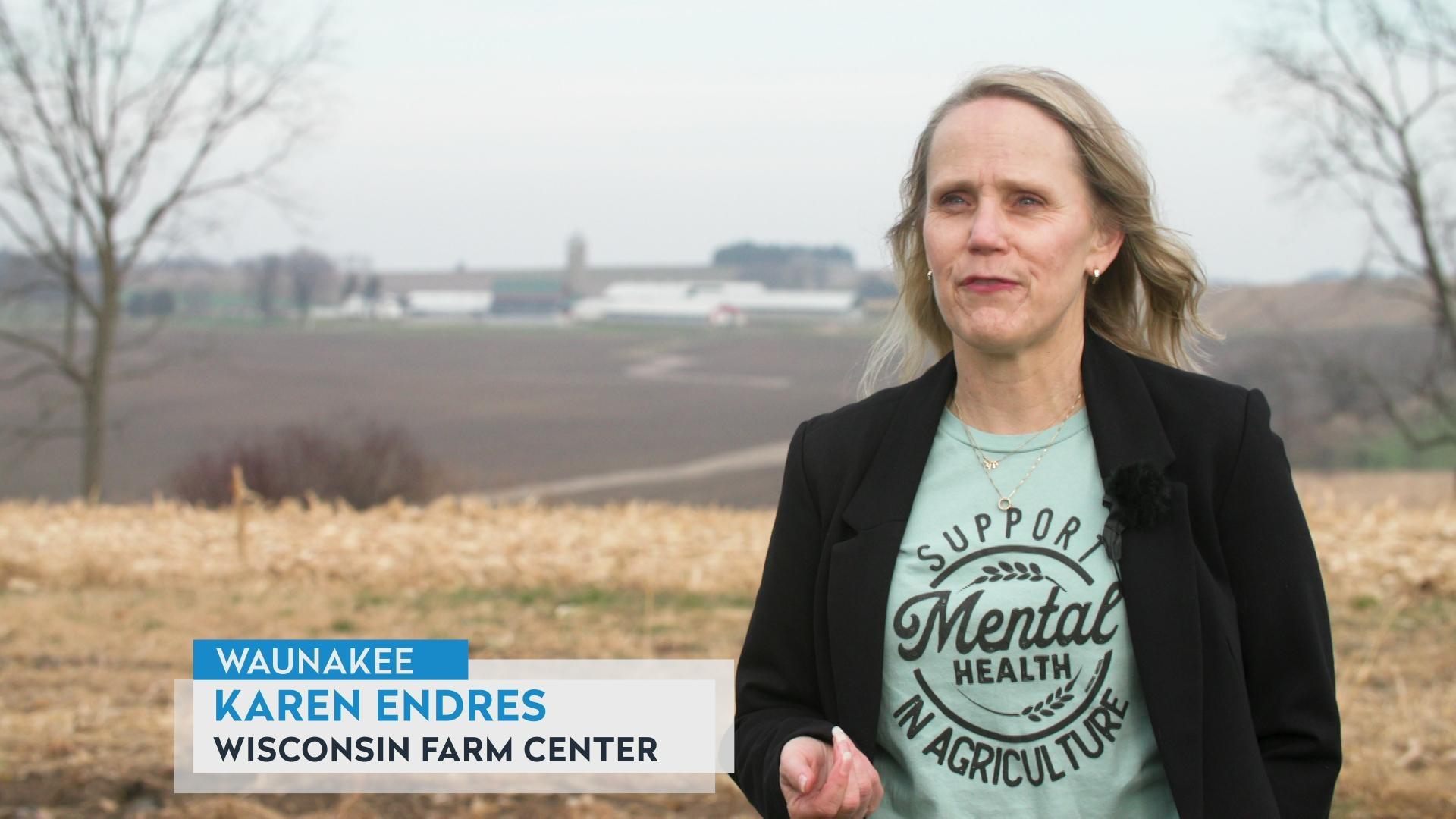
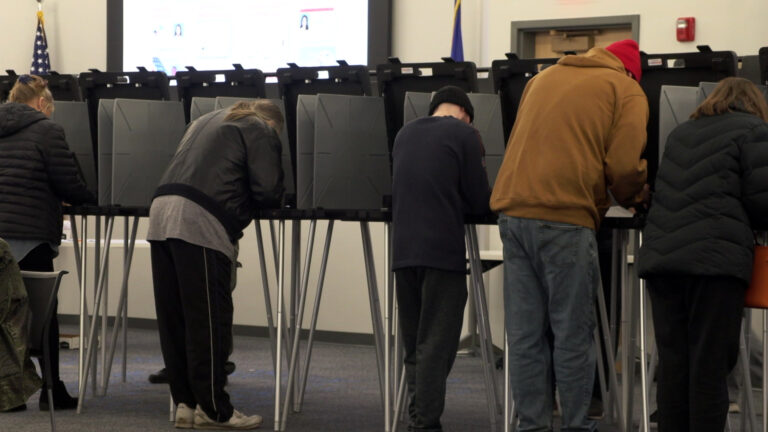
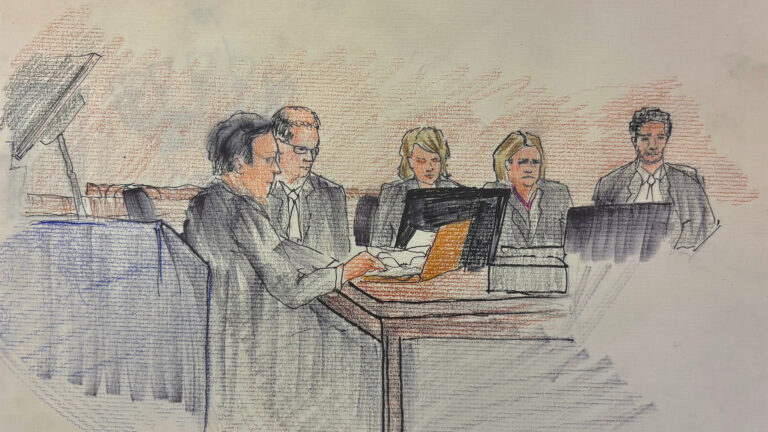
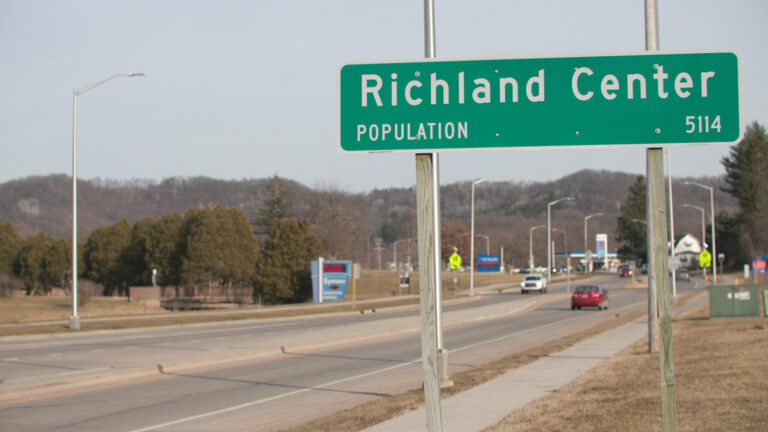
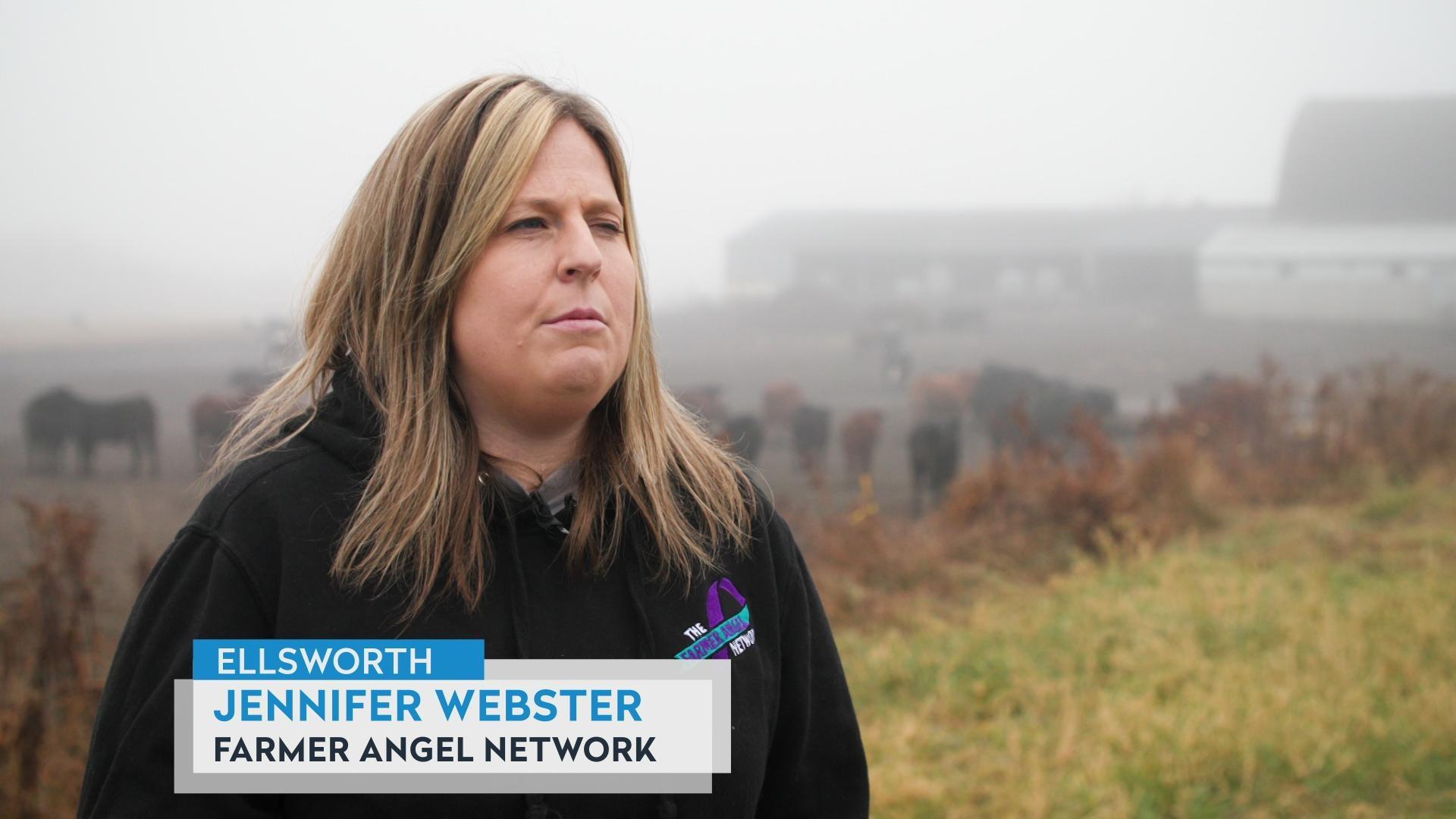

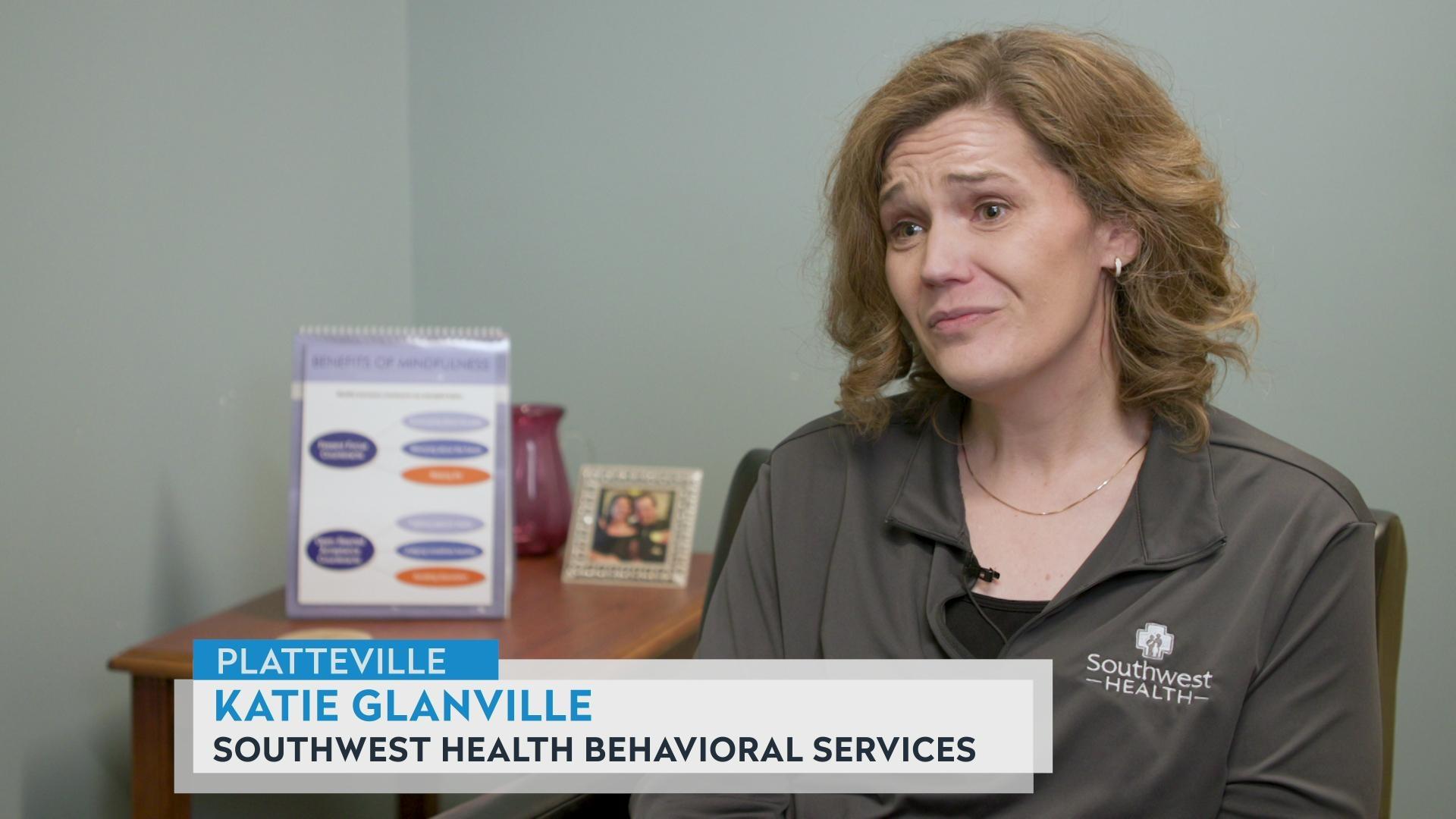






Follow Us